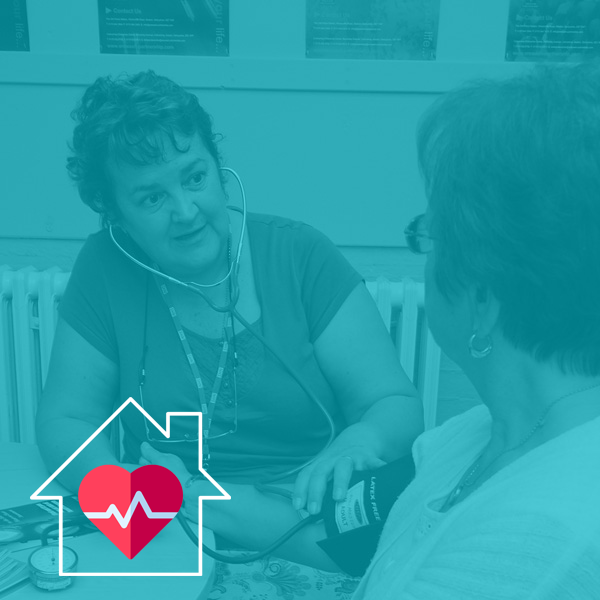
Fuel Poverty and Health
The impacts of fuel poverty on health can be severe – this course is designed for anyone wanting to learn more about fuel poverty and its links with physical and mental wellbeing.
Learners will be taught how to identify those likely to be at risk from fuel poverty and signpost to assistance.
Audience
This course is designed for frontline staff who work with vulnerable and low-income groups who are at risk from living in cold and damp homes. It covers the impacts that living in fuel poverty can have on our health.
Course aim
The course looks at the causes and impacts of fuel poverty with a focus on the health impacts. It aims to help delegates identify those likely to be at risk from fuel poverty and signpost to assistance.
Course objectives
Explain:
- Causes of fuel poverty
- Heath impacts of fuel poverty
- Causes of and remedies for condensation dampness
- Heat loss in the home
- Grants and other forms of assistance
Course content
- The Low Income Low Energy Efficiency Indicator and the causes of fuel poverty
- How to identify those at risk of fuel poverty using risk factors and triggers
- The health impacts of fuel poverty and damp homes
- Heat loss within the home
- The causes of condensation dampness/ mould and remedial actions that can be taken
- Assistance and sources of advice available to those struggling to heat their home adequately – including the Affordable Warmth Obligation of the Energy Company Obligation (ECO) and the fuel suppliers’ hardship funds for those struggling to pay their energy costs
Please note that the course content will focus mainly on England and Wales. If you are based in Northern Ireland or Scotland and interested in this course, please contact lynsey.thompson@nea.org.uk before booking so we can discuss the main differences.
Delivery method
Please select the relevant button for further details:
Further details contact
Tracy Norris, NEA


